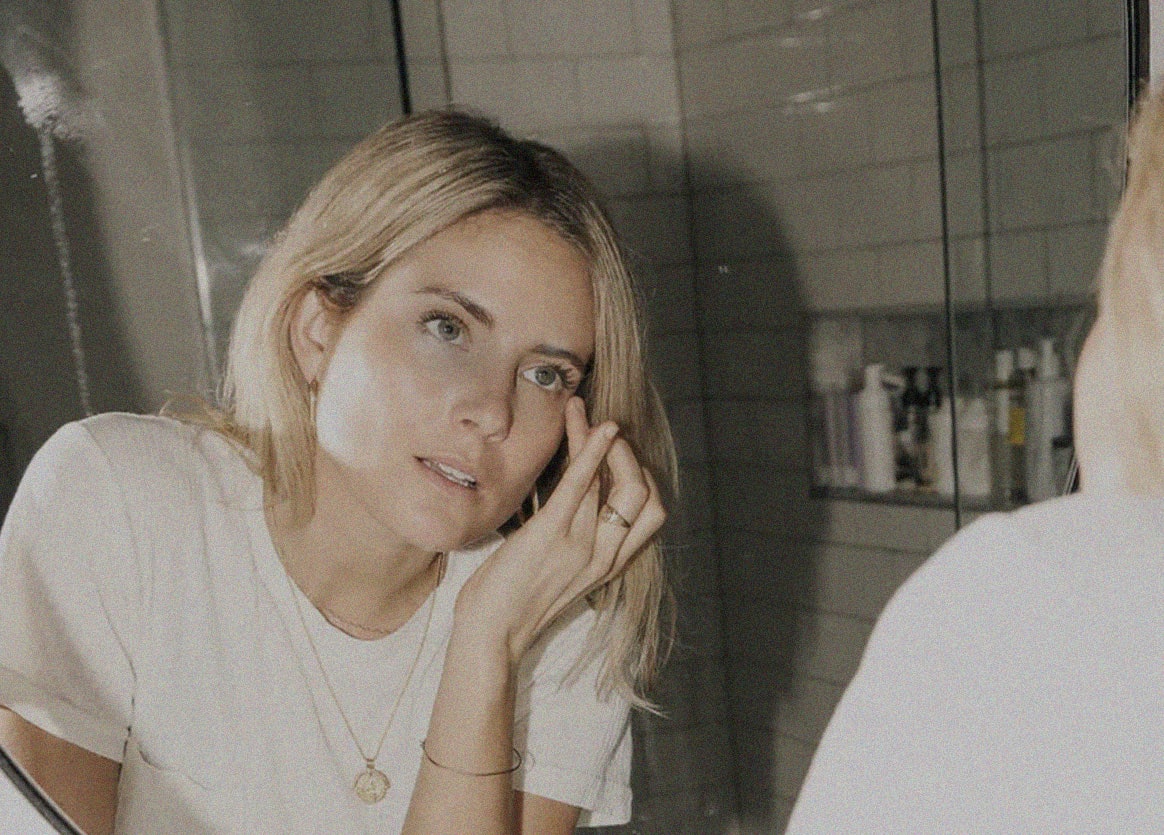
Dark Circles: Why They Don’t Always Mean You’re Tired
We’ve all been there. You catch your reflection mid-commute or after an all-too-brief weekend nap, and there they are—those unmistakable dark crescents under your eyes, like unwelcome guests at the party. Naturally, your first thought is, I must look exhausted.
But here’s the twist: dark circles aren’t always a neon sign screaming sleep deprivation. Sure, pulling an all-nighter doesn’t help, but these under-eye shadows are more complicated than that. They’re a blend of genetics, skin anatomy, lifestyle, and even the way you treat your face. Intrigued? Let’s uncover the real story behind your dark circles—and how to tackle them like a pro with the right anti aging skincare approach.
The Myths We’ve All Believed
First, let’s debunk a common myth: dark circles don’t always mean you’re tired or unhealthy. While lack of sleep can exacerbate them, other factors like pigmentation, blood circulation, and even allergies play a role. This isn’t just about catching up on your ZZZs (though we’d never discourage a good night’s sleep).
Another misconception? You can “erase” dark circles with just an eye cream. The truth is, no single product holds the magic cure. Effective anti aging skincare is a holistic endeavor—one that starts with understanding the root cause of your under-eye shadows.
Why So Dark?
Here’s the 411 on what might be causing your dark circles:
1. Genetics:
If your mom or grandma has dark circles, there’s a good chance you’ll have them too. Certain skin types, especially thinner or fairer skin, show blood vessels more prominently. Thanks, DNA!
2. Thinning Skin:
As you age, the skin around your eyes gets thinner due to collagen loss. This makes the blood vessels beneath more visible, giving your under-eyes that bluish or purplish tint.
3. Pigmentation:
Hyperpigmentation is another culprit, especially in women of color. It can result from sun damage, hormonal changes, or even the way your skin heals after irritation.
4. Blood Flow Issues:
Poor circulation can cause blood to pool under your eyes, creating a shadow effect. Ever noticed how your dark circles look worse after a sleepless night? That’s because lying flat disrupts normal blood flow.
5. Lifestyle Triggers:
Allergies, stress, dehydration, and even how aggressively you rub your eyes can worsen dark circles. Let’s be honest: when was the last time you gently removed your mascara?
The Anti Aging Skincare Arsenal
Now that you know the “why,” let’s talk solutions. Tackling dark circles requires a mix of targeted skincare, lifestyle changes, and a little patience.
1. Brightening Heroes:
Look for eye creams with ingredients like Niacinamide to lighten pigmentation. These ingredients brighten the under-eye area over time, giving you a more refreshed appearance.
2. Hydration Station:
Dry skin can make dark circles look worse by emphasizing fine lines and shadows. Incorporate hydrating products into your routine. Bonus: they plump the skin, reducing the appearance of hollows.
3. Sunscreen, Always:
Yes, even under your eyes! Sun exposure worsens pigmentation and accelerates collagen loss, making sunscreen your ultimate dark circle defender.
Beyond the Creams
Sometimes, skincare isn’t enough, and that’s okay. Here are some additional strategies:
- Cold Compresses: A quick fix for puffiness and poor circulation. Keep a couple of chilled spoons or gel pads handy.
- Dietary Tweaks: Load up on iron-rich foods and antioxidants to improve blood flow and skin health.
Embracing the Journey
Here’s the thing: dark circles are part of the human experience. They tell the story of your late-night adventures, your Netflix binges, and yes, sometimes your stress-filled weeks. Instead of seeing them as flaws, think of them as reminders of a life well-lived.
But if you’re looking to turn down the contrast a bit, anti aging skincare is your best ally. The key is consistency and care—not just for your skin, but for yourself. Prioritize rest, stay hydrated, and treat your skin with the same gentleness you’d show a friend.
Because dark circles don’t define you. What does? The confidence to wear your story—shadows and all—with pride.


